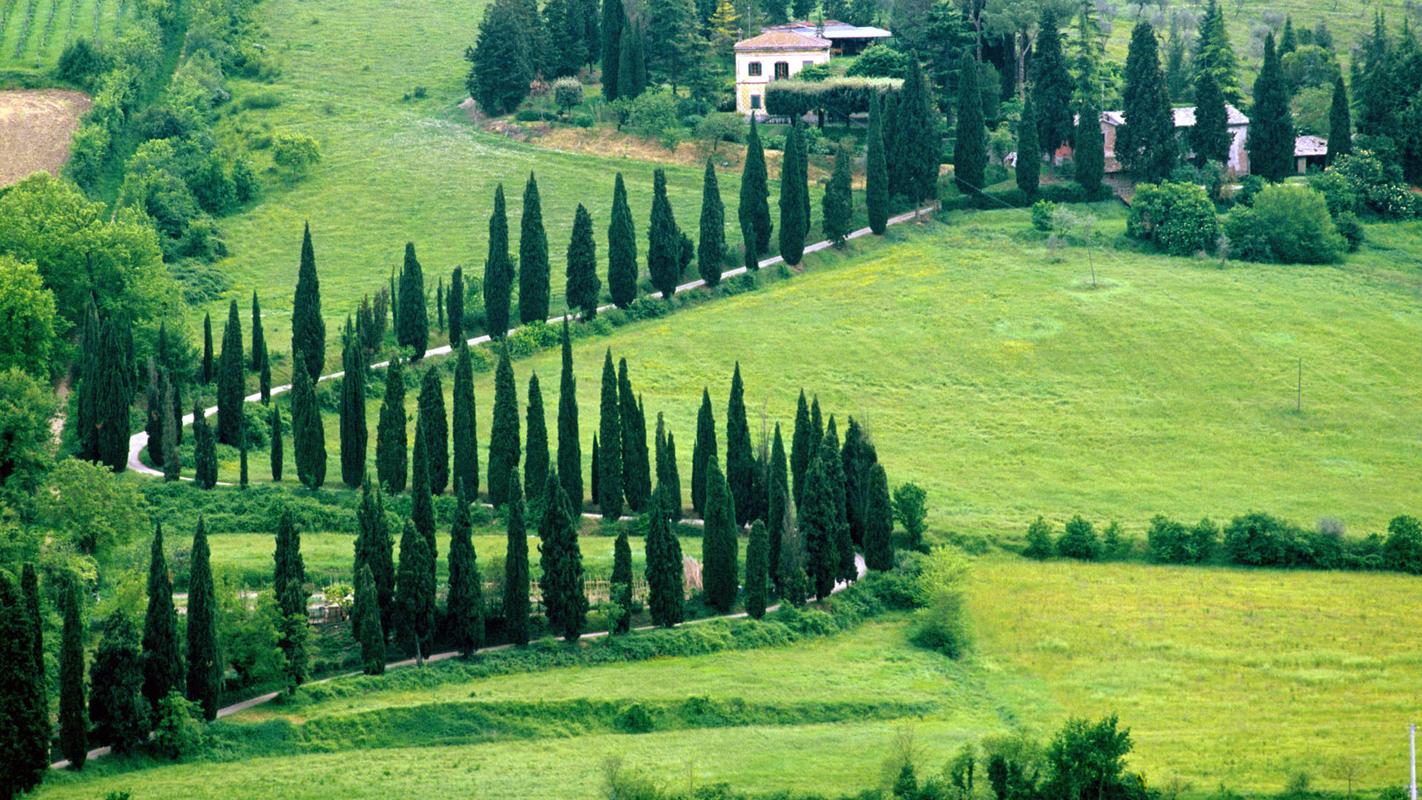The Impact of AI on the Viticulture Industry: A Comprehensive Analysis
The wine industry is one of the oldest and most traditional industries in the world, but even it is not immune to the impact of technological advancements. Over the last few years, the use of artificial intelligence (AI) in the viticulture industry has been increasing, offering numerous benefits and transforming the way vineyards and wineries operate. In this article, we’ll take a closer look at the impact of AI on the viticulture industry.
How AI is Revolutionizing Viticulture
AI is revolutionizing the viticulture industry in several ways. For instance, it is helping vineyard owners to better analyze data related to the health and growth of their vineyards. By processing large amounts of data collected from sensors, drones, and other sources, AI can help vineyard owners to optimize their yield, improve crop quality, and reduce crop damage caused by pests, diseases, and other environmental factors.
Another way AI is revolutionizing the viticulture industry is by providing wine producers with new tools to enhance the quality and consistency of their products. For example, AI-powered software can analyze historical data to predict how certain wines will taste based on the weather and soil conditions of a specific harvest year. This information can help winemakers to create more consistent and high-quality blends.
Examples of AI in Viticulture
Several companies are already leveraging AI to improve the viticulture industry. For instance, the company VineView has developed a machine learning system that uses data from airborne sensors to provide vineyard owners with insights into the health of their crops. Similarly, companies such as Fruition Sciences and Gallo Wines are using AI-powered software to monitor vineyards and predict optimal harvest times.
Recently, researchers at the University of California, Davis, developed a robotic system that uses AI to collect grape samples and analyze them for sugar levels, acidity, and other factors that affect the wine’s flavor. This technology is helping winemakers to better understand their products and optimize their production process to create higher-quality blends.
The Future of AI in Viticulture
As AI continues to advance, we can expect to see it play an increasingly significant role in the viticulture industry. In the future, we may see AI-powered robotics replacing human labor in vineyards, reducing costs, and improving efficiency. We may also see the development of new AI-powered tools that can predict consumer preferences and help winemakers to create products that better meet market demand.
Moreover, AI may help vineyard owners to improve sustainability by optimizing resource usage and reducing environmental impacts. For example, AI could help farmers to use water, fertilizer, and other resources more efficiently, reducing waste and increasing yields.
Conclusion
The viticulture industry is transforming rapidly, and AI is playing a crucial role in this transformation. From optimizing crop yields to improving wine quality, AI is making significant contributions to this traditional industry. As we move forward, we can expect to see even more applications of AI in viticulture, improving efficiency, sustainability, and product quality.
(Note: Do you have knowledge or insights to share? Unlock new opportunities and expand your reach by joining our authors team. Click Registration to join us and share your expertise with our readers.)
Speech tips:
Please note that any statements involving politics will not be approved.
